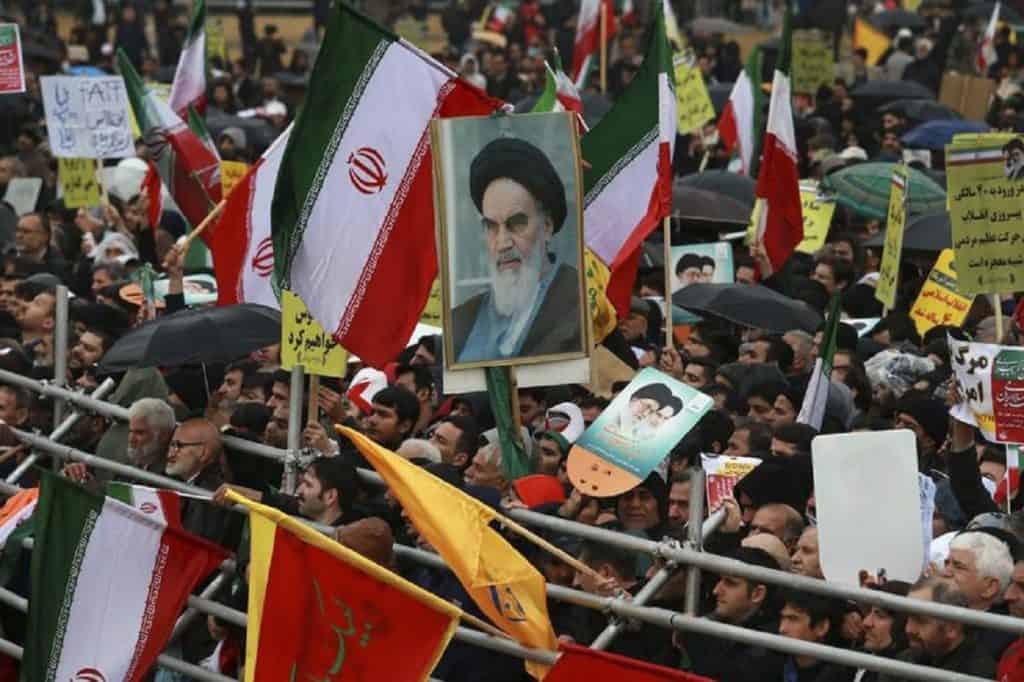By Denis Korkodinov
The war with Iran is futile. Over the past 40 years, Washington has been trying to overthrow the ayatollah regime, and meanwhile, Iran’s political system is still invulnerable. Economic sanctions against Tehran are also ineffective.
Moscow and Beijing are helping Iran to solve economic problems: China, despite the sanctions, continues to buy Iranian oil, and Russia, through the Astana and Sochi formats, strengthens the legitimacy of the ayatollah regime. In addition, Tehran occupies virtually indestructible positions in Yemen, Syria, Lebanon, Iraq, and Afghanistan, which gives it the dominant role in Middle East politics. Under such conditions, Ali Khamenei and Hassan Rouhani will remain in power for a very long time.
During the 1979 Islamic Revolution, Iran established a unique political regime that united the Shiite population under one state flag. The uniqueness of this regime and its danger was well understood by the leader of Iraq, Saddam Hussein, who unleashed a war with Tehran, believing that Baghdad could also embrace the Islamic revolution. Despite this, in 1988 the war for Iraq had an absolutely zero result, since Saddam Hussein was not able to neutralize the Shiite Renaissance process.
Nevertheless, the regime of Saddam Hussein was exhausted by the war, which allowed the United States to quickly overthrow the Iraqi leader and begin the course of “forcibly planting American values” in Baghdad. Experiencing unprecedented pressure on Iraq, former supporters of Saddam Hussein laid the foundation for the formation of an “Islamic state.”
Over time, the White House administration, represented by then Secretary of State Candoliza Rice, was forced to admit that if there had not been an American invasion of Iraq in 2003, the ISIS problem would not have existed today.
The “Islamic state” is not so much a military-political as a religious threat to the ayatollah regime in Iran. So, at its core, ISIS is a predominantly Sunni organization that seeks to suppress the spread of Shiism in the Middle East and the Persian Gulf. This state of affairs creates significant obstacles for Tehran, which, through the Shiite trend in Islam, seeks to become a major regional player.
Like Saddam Hussein, a certain threat to Iranian influence was posed by Mummar Gaddafi, who is a supporter of secular Sunnism. The Ayatollah’s regime was particularly wary of the pan-Islamic views of the Libyan leader. For this reason, Tehran, through Hezbollah, participated in the overthrow of Muammar Gaddafi in 2011.
Currently, Iraq and Libya are almost completely dependent on Iran. Among other things, the Afghan Taliban maintain their position in the country solely thanks to the military support provided by the Ayatollah regime. These circumstances create a privileged position for Tehran as a regional dominant, when Washington, no matter in which country it wants to strengthen its influence, is necessarily faced with Iranian interests. This makes Iran invincible before the American administration.
(The views expressed in this article belong only to the author and do not necessarily reflect the views of World Geostrategic Insights)
Image Credit: WNYC Studios







